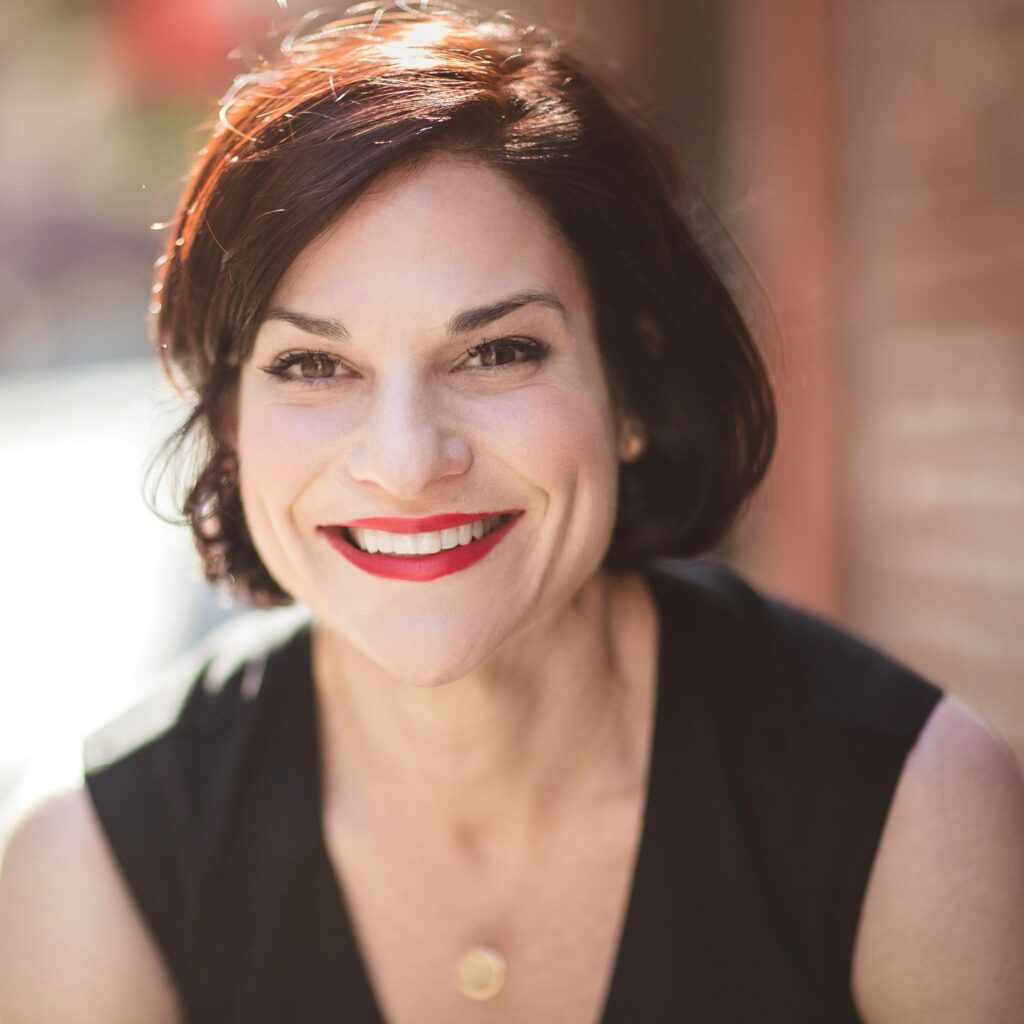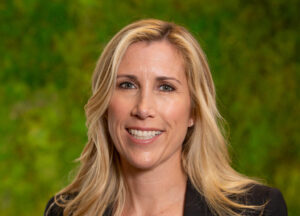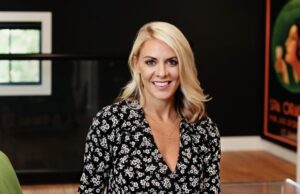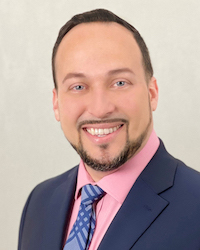6 questions with: Lesley Gold of SutherlandGold
Lesley Gold shares how being a news consumer is the window to her world.

SutherlandGold Founder Lesley Gold is a master storyteller, creating market positioning and messaging for innovative startups including Bill.com, Birchbox, Xamarin, and Jaunt, as well as top brands including TiVo and Sony PlayStation.
Since founding SutherlandGold over 20 years ago, a community has formed around the PR agency, from clients to colleagues. Growing up, Gold didn’t picture herself in PR or communications, let alone as a leader in the industry. But the career she’s built for herself has served her professionally and personally, and the community, where she gets to help position and market hundreds of brands, products, companies, people, and ideas for success.
We caught up with Gold to get her take on the communications industry.
What book, podcast or other media do you recommend to other comms pros?
I am really fascinated by how ideas and stories are captured, communicated and remembered. The PR professionals of today are writing the public record of tomorrow. I really think that is what PR is about – creating the public record. A long-time favorite book of mine is Story Wars. It’s just so good at detailing how brands that are able to create and control the narrative win the day. More recently I’ve been telling my circle to read Clint Smith’s “How the Word is Passed.” It talks about how the history of slavery is communicated at different historical monuments around the United States. It’s a reminder that the truths that we believe and how people’s voices amplify can literally change how we understand our past, present and future.
[RELATED: Join us Aug. 14-16 in Denver for our Employee Experience & Wellness Conference]
What’s your favorite tool you use regularly for work?
I am a huge news consumer. It is my window to the world. I always want to understand and deconstruct what is making news and how different audiences are consuming news. I really, really rely on my network and my newsfeed. I’m an active listener and I am always chasing content. The more ideas and information I take in every day, helps me make connections and helps me understand how influences change constantly and so what is needed to persuade people is constantly evolving. I make time every day to talk and reach out to people in my network to hear what they’re hearing and learn from them. And I read news from everywhere, from different outlets from Twitter to the New York Times, to Linkedin to TikTok.
What excites you most about the future of communications?
I’m a content junkie so living in an age where it’s so noisy is both exhilarating and exhausting. I’m always asking my kids where they get their news. Mostly it’s from Tik Tok, Instagram or Snap but if you do information forensics you can follow the news trail and it often originates from Twitter. They are following “trusted sources.” They just don’t know it. As a student of news, it’s interesting to see how we went from the “anchorman era” (and I say this because I’m referring to pre-Connie Chung), to the personality era- Larry King etc, to the everyone’s an influencer era…if communications is about extending influence and shaping perception, there are so many more touch points and ways to jump into and shape a news cycle today. And that excites me.
What communications challenge keeps you up at night?
The best and worst thing about communications is there is no “right” answer. I used to tell people I thought about being a lawyer. But I’d rather fight my cases in the court of public opinion where there are no rules. I’m a bad sleeper so I spend a lot of time spinning through scenarios at night thinking about possibilities and what-ifs. When you make a communications call you want to be decisive but people are fickle. You can do everything right and sometimes not get the outcome you want. That’s what keeps me up at night.
What’s the biggest challenge you’ve overcome in your career?
Definitely the first recession, the “RIP” Sequoia PowerPoint recession was enormously challenging. SG was born out of the 2002 recession but it is much harder to grow a business than start a business when times are tough. I relied on perpetual optimism to navigate the economic storm. I was new at managing teams and running a business and instead of making tough calls and having hard conversations, I kept going on as business as usual. When we did make layoffs in 2008, I had to lay off friends who had helped me start and build my company. It was hard. One of them said to me that if I’d done the layoffs sooner you could have saved more of us. Her words have always stayed with me. So when I don’t want to have hard conversations I think about her words and am reminded that inaction is an action.
What is the best advice you’ve ever gotten?
I’m an ideas person. Every person who has worked with me knows I get excited about ideas and I’m in this business to sell ideas and position the people who think of those great ideas. I started my career in politics and I was lucky enough to work with so many generous people who were willing to mentor me, challenge me and let me sit in on meetings. In preparing for meetings I would try to come up with the perfect idea for a campaign, a soundbite or a slogan. It was angst-producing and pretty unproductive. One day, after a meeting I was debriefing with one of my mentors in his office. He told me that instead of trying to land on one perfect idea why didn’t I instead come up with ten really good ones? He guaranteed me that this approach would guarantee that I would be much more successful and valuable. He was right. He also told me to stop putting metaphors in my memos. That was pretty helpful too.
Isis Simpson-Mersha is a conference producer/ reporter for Ragan. Follow her on LinkedIn.







